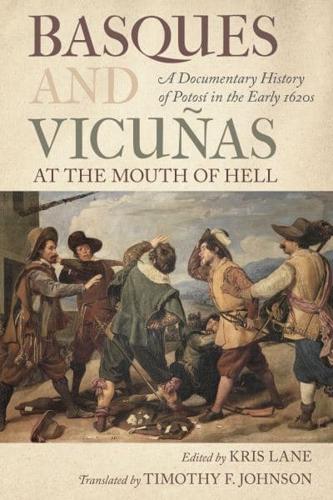Publisher's Synopsis
In June 1622, the silver mining metropolis of PotosÍ, Bolivia, erupted in gangland violence, only halted three years later by a viceroy's blanket amnesty. Basque immigrants were at the center of the controversy, squaring off against nearly a dozen other nations known collectively as VicuÑas. At stake were the world's richest silver mines, a means to wealth and power in the Americas, Europe, and beyond. As mines flooded and Indigenous workers died or fled, the city descended into a maelstrom of swordfights, gun battles, ambushes, sniper attacks, and summary executions. Though its roots were economic, the Basque-VicuÑa conflict strained the sinews of Habsburg global governance even as it exposed festering local tensions, only some of which were unique to PotosÍ. This rich collection of original sources, all of them archival documents housed in Bolivia, Spain, the United Kingdom, and the United States, consists of contemporary eyewitness accounts from several perspectives, allowing readers to play historian. All sources have been expertly translated and carefully annotated in a manner that will engage students and scholars alike. Basques and VicuÑas at the Mouth of Hell includes an extensive introduction, seven vital documents in translation, and appendices on everyday life in 1620s PotosÍ and on the historiography of this watershed episode of colonial violence.







